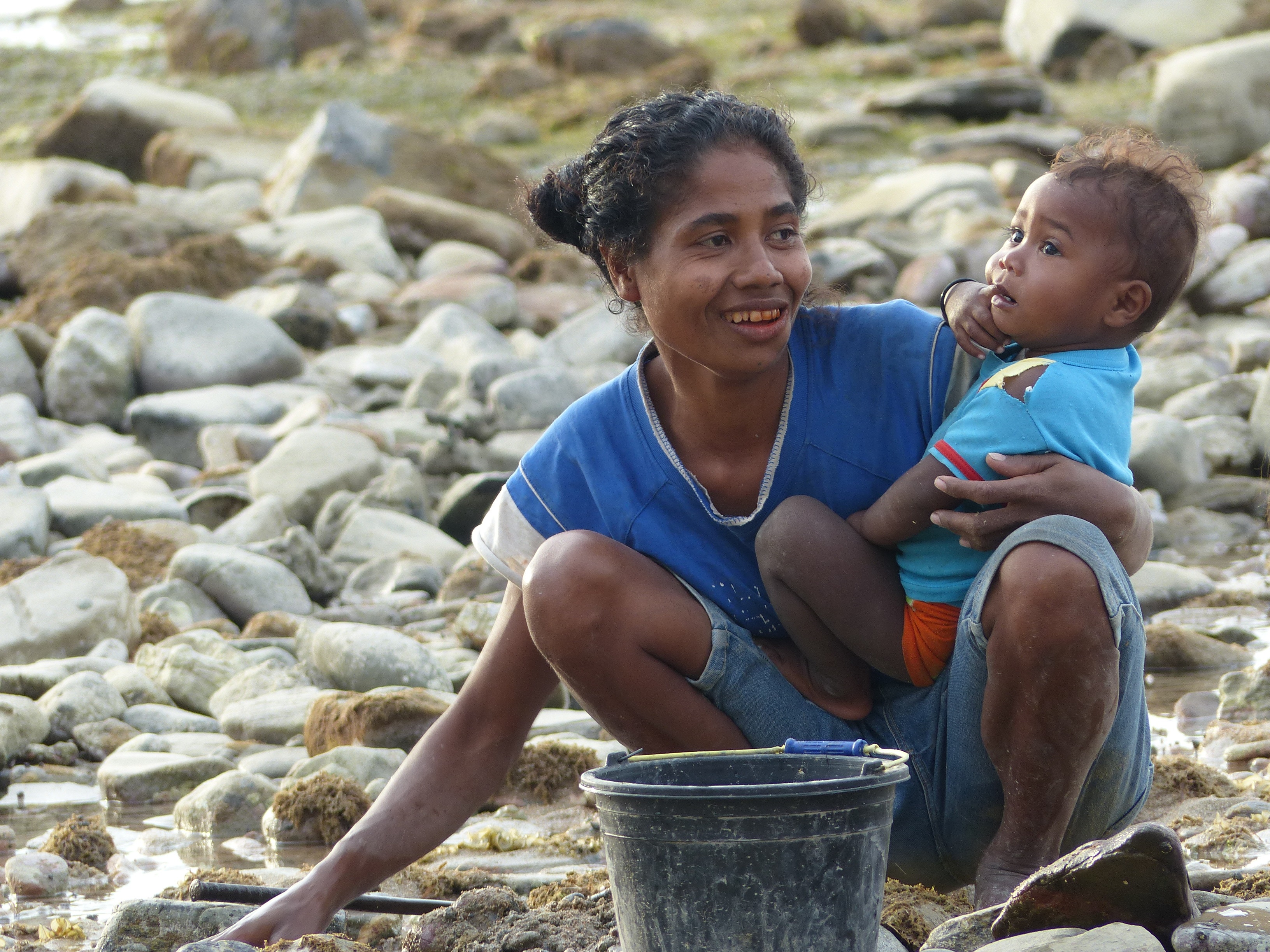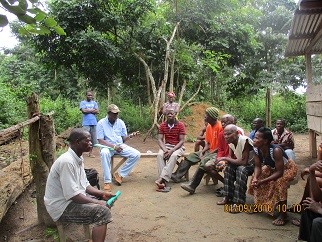Investing for results
.jpg)
The Government of Mongolia has prioritized the agriculture sector and initiated a number of initiatives to improve productivity and enable it as a sustainable activity, ensuring food and nutrition security. Government policy has shifted towards self-reliance in staple food crops that can be locally produce and made available at an...

Se solicitó ayuda a la FAO con el objetivo de fortalecer las instituciones y los mecanismos necesarios para ejecutar el Plan de Acción Nacional para la Erradicación del Hambre y la Malnutrición en Timor-Leste, de manera que el país pueda lograr el Reto del Hambre Cero; asimismo, se pidió mejorar...
.jpg)
The food and agriculture sector of Mongolia lacked the technical capacity required to implement national agricultural and livestock policies and programmes. There was a need for expertise to strengthen capacity in farming technology, practices and local expertise, above all in livestock breeding, animal feed, horticulture and vegetable production,...

Con el proyecto se llevó a cabo un estudio exhaustivo y la caracterización de los recursos genéticos y sus sistemas de producción en Liberia, lo cual es fundamental para elaborar un plan nacional para la gestión de los recursos zoogenéticosdirigido a incrementar la producción pecuaria del país con el fin...
.jpg)
Decades of turmoil and civil conflict have had a crippling effect on Liberia’s agricultural sector, and increasingly rapid growth in youth migration to urban areas has led to high youth unemployment and urban poverty. Agriculture is the sector with the greatest potential to increase livelihoods and combat youth unemployment, which...
.jpg)
Small-scale dairying plays a crucial role in the livelihoods and food security of many smallholders and rural communities in Sri Lanka. Dairy products are essential to providing low-cost and high quality protein, minerals and vitamins, and great potential exists for the development of the dairy industry. However, domestic...
.jpg)
El objetivo del proyecto era complementar las actividades del proyecto GCP/GLO/391/EC, relacionadas con el sistema de examen y apoyo de la aplicación de la Convención Internacional de Protección Fitosanitaria (CIPF), a fin de que dicha Convención pueda comprender la situación global por lo que respecta a la aplicación de la...
.jpg)
More than 20 million people in the Sahel Region suffer from food insecurity. Without knowledge and data to understand the current situation, interventions are difficult to design and risk being ineffective. In recent years, the proliferation of food security indicators has created further challenges and, as a result, policymakers and...
Inland fisheries and aquaculture have great potential to contribute to nutritional, economic and social well-being, especially in hinterland and coastal areas in Guyana. With growing fish consumption and increasing demand for local freshwater fish, this project aimed to train farmers with simple fish production skills and increase capacity among small-scale...

The Codex Alimentarius Commission (Codex) was founded by FAO and the World Health Organization in 1963, with the mandate to develop international food standards in order to protect the health of consumers and ensure fair practices in food trade. The number of Codex members in the African region has increased...
